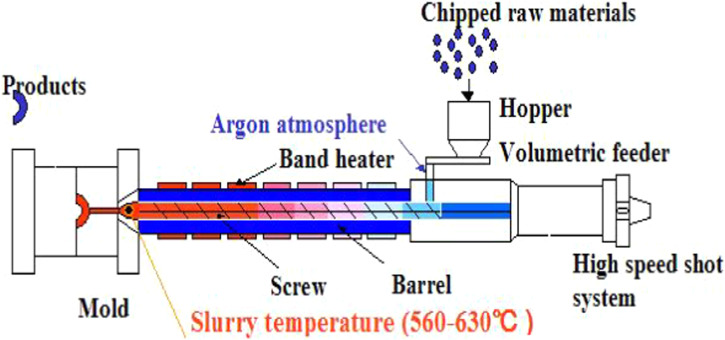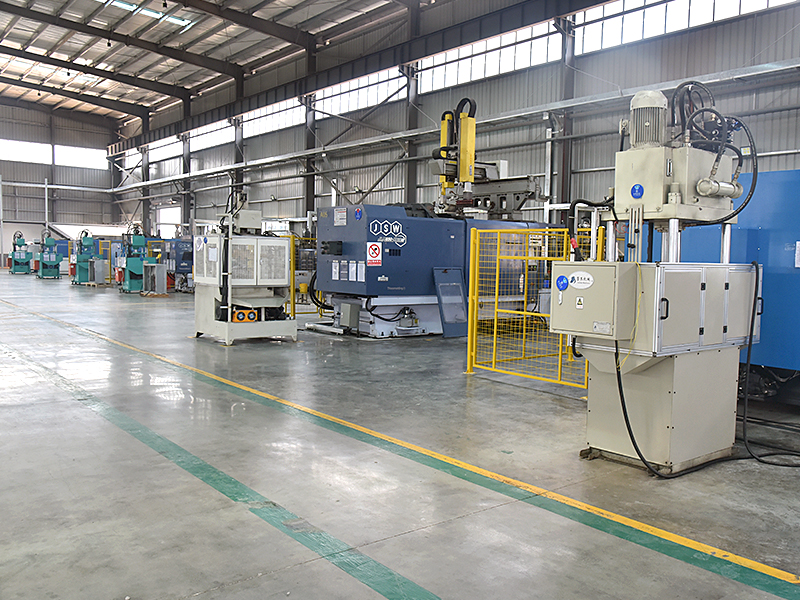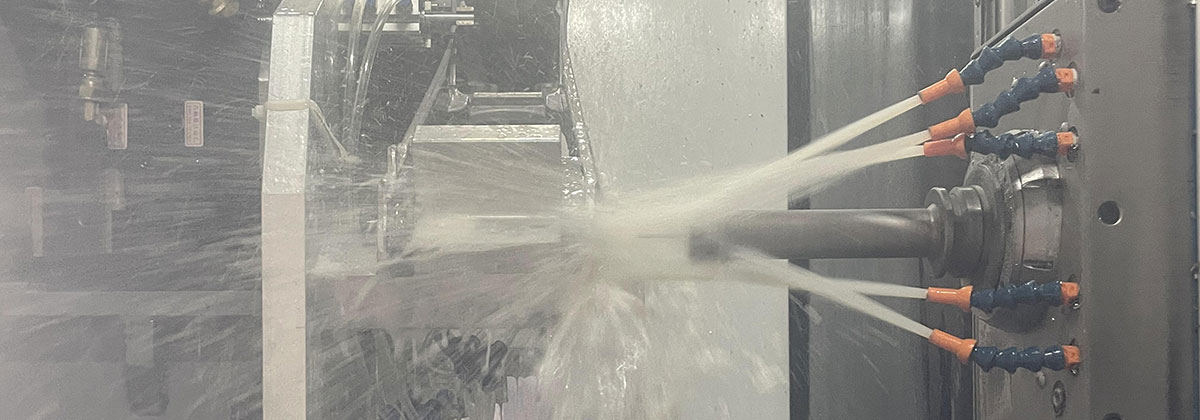Compared with aluminum alloy and cast iron, magnesium alloy die casting has the advantages of light weight, good casting performance, good dimensional stability, easy processing, low scrap rate, good damping coefficient and large damping capacity. They are perfect for car production. At the same time, it has a broad application space in aerospace, portable computers, mobile phones, electrical appliances, sports materials and other fields.

1. What is magnesium alloy die-casting: Magnesium alloy die-casting is a product made of magnesium as raw material and high-performance lightweight structural materials. Its specific gravity is similar to that of the material, and its stiffness and strength are not lower than that of aluminum. It has strong anti-vibration, anti-electromagnetic, thermal insulation and electrical conductivity properties.
2. Advantages of high-precision magnesium alloy die casting
1). Magnesium alloy has low density, high strength and good rigidity. Currently, engineered magnesium alloys have lower densities. The stiffness of ordinary magnesium alloys is the same as that of cast aluminum alloys. The stiffness of magnesium alloys increases with thickness. Therefore, the stiffness of magnesium alloys increases with thickness. Therefore, it has good stiffness properties, which is very beneficial to the design of the overall part.
2).Magnesium alloys have good toughness and shock absorption properties. Under the action of external force, magnesium alloys are prone to large deformation. Suitable for one round of impact pieces. Magnesium alloys have high damping capacity and are ideal materials to avoid worker fatigue due to vibration and noise.

3).Magnesium alloy has low heat capacity, fast solidification speed and good die casting performance. Magnesium alloy is an excellent die casting material. Good fluidity and fast solidification. It can produce parts with smooth surface and sharp edges and corners to prevent over-shrinking and ensure dimensional errors. Due to the small heat capacity of magnesium alloys, the production efficiency can be increased by 40% to 50%, the casting size is stable, the precision is high, and the surface finish is good.
4).Magnesium alloys have excellent machinability. Of all common metals, magnesium alloys are easier to machine. The cutting speed is fast, the tool is cheap, and the tool consumption is low. Very smooth surfaces can be obtained using cutting fluids without grinding and polishing.
 The advantages of magnesium alloy die castings have been introduced above. You can get to know them. If you have any questions and needs, you can contact us at any time!
The advantages of magnesium alloy die castings have been introduced above. You can get to know them. If you have any questions and needs, you can contact us at any time!

 0086-750-5616188
0086-750-5616188 +86 13392089688
+86 13392089688 sales@zhongmei-tech.com
sales@zhongmei-tech.com













